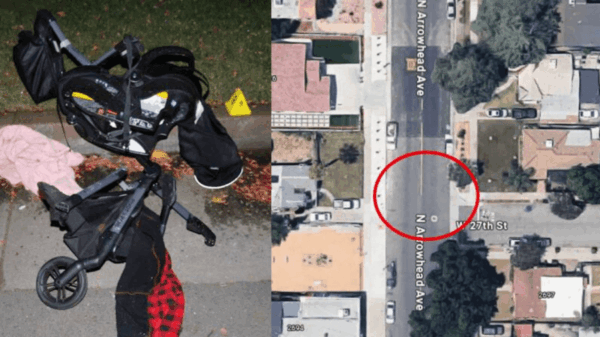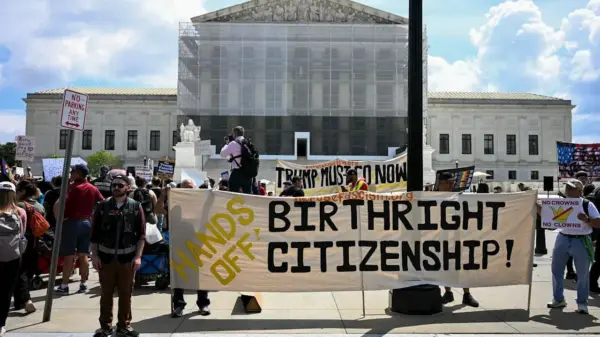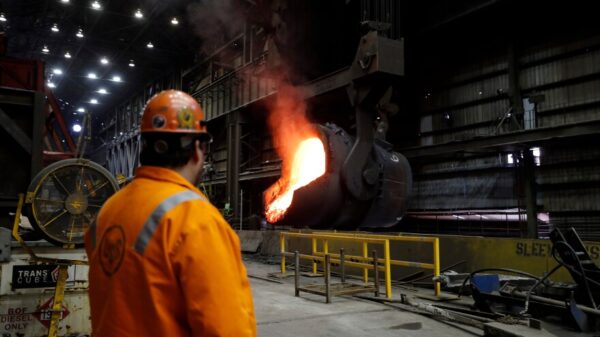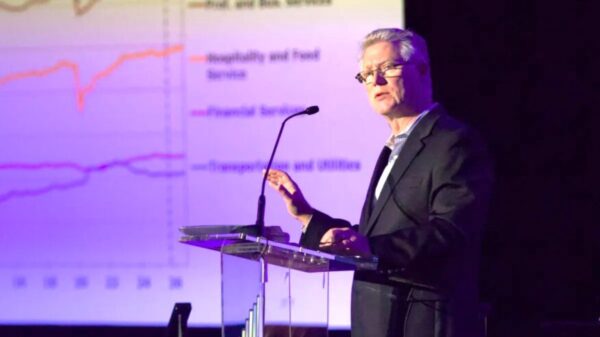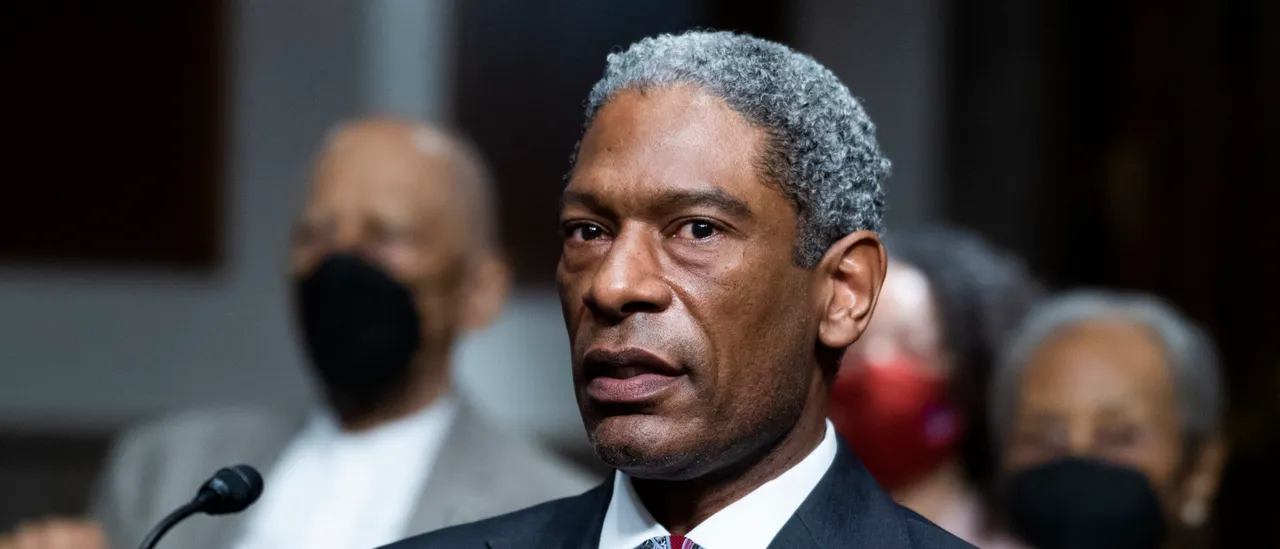U.S. District Court Judge Julien Neals has faced serious allegations of fabricating quotes in a recent legal opinion, leading him to withdraw the document. The opinion, issued on June 30, 2025, was scrutinized by attorney Andrew Lichtman, who represented defendants in a civil suit before Neals. Lichtman highlighted multiple inaccuracies in the opinion, including misattributed quotes and incorrect case outcomes.
In a letter addressed to the judge, Lichtman pointed out “a series of errors in the Opinion — including three instances in which the outcomes of cases cited in the Opinion were misstated.” He noted that the motions to dismiss were granted, not denied as Neals had claimed. Furthermore, he alleged that several quotes were incorrectly attributed to cases that do not contain those statements.
One notable example cited by Lichtman involves the case City of Warwick Retirement System v. Catalent, Inc.. Neals’ opinion claimed, “The absence of insider trading is not dispositive,” yet no such quote appears in the referenced case documentation. Lichtman also asserted that Neals mistakenly attributed quotes to defendants that they did not make.
Following these claims, Neals withdrew his opinion, acknowledging the errors. According to Bloomberg News, a notice on the court docket stated, “That opinion and order were entered in error. A subsequent opinion and order will follow.”
Speculation about the cause of these inaccuracies has arisen, with some suggesting that the use of artificial intelligence may have played a role. Josh Blackman, a constitutional law professor contributing to The Volokh Conspiracy, expressed concern that many judges might unknowingly issue opinions containing “hallucinations” generated by AI. He commented on the need for litigators to closely examine judicial opinions for similar discrepancies.
Blackman speculated that the errors in Neals’ opinion might stem from a law clerk rather than the judge himself. He raised questions about the extent to which judges review the work of their clerks, particularly concerning citation accuracy. “An enterprising sleuth could do a close analysis of all opinions from Judge Neals, and judges nationwide, and perhaps find a pattern of misconduct,” he said.
Neals was originally nominated to the federal district court by former President Barack Obama in February 2015 and was later renominated by President Joe Biden in March 2021. Biden’s nomination statement emphasized the importance of diversity on the federal bench, highlighting the backgrounds and experiences of the nominees, including Ketanji Brown Jackson, now a Supreme Court Justice.
The controversy surrounding Neals has raised concerns about the implications of diversity initiatives on judicial quality. Critics argue that the focus on representation may have overshadowed the significance of qualifications and performance. As Biden has often noted the importance of diversity in his administration, the fallout from this incident may serve as a cautionary tale regarding the potential pitfalls of prioritizing diversity over competence.
As the situation develops, the legal community will be watching closely to see how these allegations impact Judge Neals and the broader implications for the judiciary. The incident serves as a reminder of the critical need for accuracy and integrity in the legal process, particularly in an era increasingly influenced by technological advancements.





